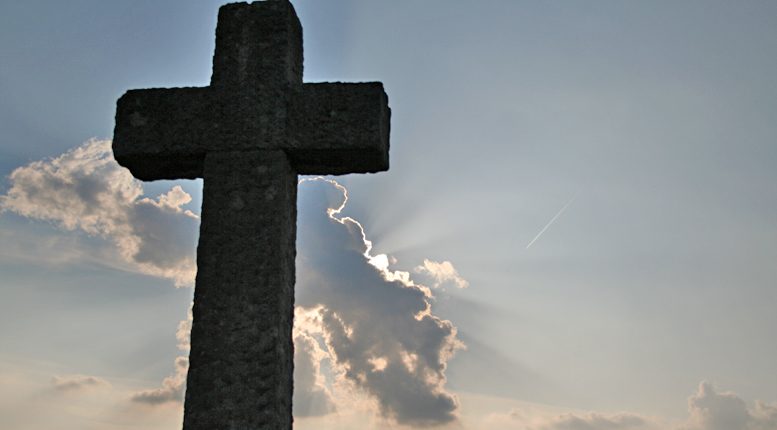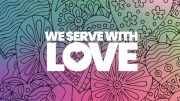By: Paul P. Jesep*/TRT Columnist—
Sometimes it takes courage to love ourselves as we are or were meant to be. Society conditions us to think a certain way that is often spiritually and emotionally unhealthy, if not abusive.
Not long ago, I was at a Men’s Wearhouse buying a few uniforms expected of attorneys. My neck and waist size has expanded. Sensing my irritation with the impact of eating too many carbs, the sales associate was gracious and quickly commented, “You look fine.”
He was right. I did look fine. I had to remind myself that my efforts at weight management had to do with health, not appearance. I’m not interested in a stroke, heart attack, or bypass surgery. The need to lose weight and keep it off must be for the right reasons. Society’s dubious expectations of beauty are not one of them.
Olympic skater Adam Rippon spoke about his ordeal with food in a recent New York Times article. At one point he was only eating three slices of bread a day with a butter substitute. Today, Rippon has gained weight and his diet has improved significantly. His courage to speak out about it not only brought attention to male athletes with eating disorders, but it highlighted challenges within the LGBTQ community.
According to the National Eating Disorders Association (NEDA), “ … eating disorders disproportionately impact some segments of the LGBTQ+ community … Research shows that, beginning as early as 12, gay, lesbian, and bisexual teens may be at higher risk of binge-eating and purging than heterosexual peers.” More research is needed to include the transgender community.
NEDA further noted, among all males with an eating disorder, 42 percent identify as gay. Women who identified as lesbian or bisexual were, “twice as likely to report binge-eating at least once per month in the last year.” Gay men were, “seven times more likely to report binging and 12 times more likely to report purging” than straight men.
Connectedness to the LGBTQ community, according to NEDA, can make a very positive difference to those inclined to binge eat, induce vomiting or abuse laxatives. Although I may be a little bias, I can’t underscore enough the important role The Rainbow Times plays to nurture a sense of community. Albany, New York no longer has a local LGBTQ newspaper and it leaves an unfortunate void for many living in the capital region.
No doubt there is someone reading this column who is struggling with their weight. Some of it may be a “simple” fix like keeping less pasta and bread in the home. A good dietician can be very helpful and grocery stores are increasingly making them available to customers.
In other cases, there may be more serious issues going on. Talking with your doctor or spiritual advisor can be invaluable. It’s often beneficial to talk with both a medical provider and head of your religious community if you have one. Increasingly, good health is considered the integration of mind, body, and spirit. Your health is interconnected.
Engaging in a little self-analysis can go a long way as well. Growing up there was no such thing as portion control in my home. Mom lived through the Great Depression. Dad survived Nazi forced-labor. Hence, being “stocky” or a plump child was considered a good thing. You never knew when the next war or depression was going to occur. Overeating was good.
Today, I still need to reinforce the importance of portion control. Just because it’s there doesn’t mean I need to eat it. There’s also work and life stress that could draw me to a pile of pasta with oil and garlic.
There are other ways to manage stress than eating. Disciplining yourself to find quiet time encourages self-reflection. No television, radio, e-mail, or smartphone for small blocks of time each week is key to getting you there.
I look at my need to be aggressive in weight management as an opportunity for personal and spiritual growth. One can learn perspective that can be applied to other life challenges. No matter what, you’re not alone in your struggles whether you call on a higher power or a combination of the holy and professional help.
*Paul is a corporate chaplain, seminary trained priest, and lawyer in greater Albany, New York. He’s also the author of “Lost Sense of Self & the Ethics Crisis.”





